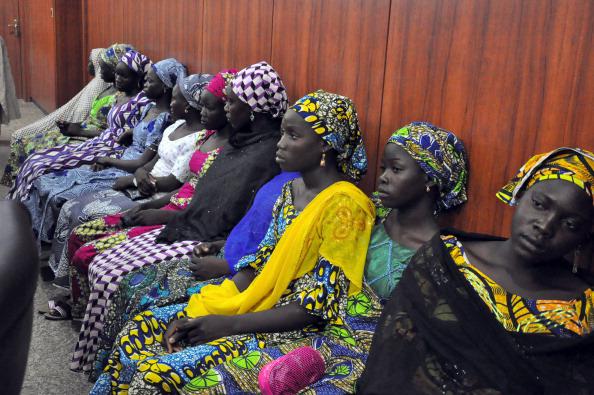A year after their kidnapping became an international news story, the 200-plus Nigerian girls taken captive by the Boko Haram terrorist group at a school in the town of Chibok are still missing. (It’s not clear that they’re all being held together; within weeks of the incident, reports indicated that some of the girls had been coerced into converting to Islam and “marrying” insurgents.) New Nigerian President Muhammadu Buhari was elected in part because of national frustration over previous officeholder Goodluck Jonathan’s handling of Boko Haram, but Buhari’s careful comments about the Chibok victims are suggestive of the difficulty, despite assistance from outside groups including American advisers, that the country continues to encounter in putting together a rescue operation:
On Tuesday, as crowds gathered across Nigeria to mark the first anniversary of the kidnapping, Buhari struck a cautious tone.
“We do not know if the Chibok girls can be rescued. Their whereabouts remain unknown. As much as I wish to, I cannot promise that we can find them,” he said in a statement.
“But I say to every parent, family member and friend of the children that my government will do everything in its power to bring them home.”
Boko Haram’s other attacks in northern Nigeria have been extensive, including further kidnappings and the takeover of multiple population centers. (Amnesty International believes some 2,000 girls and women have been kidnapped by Boko Haram since 2014 began.) A coalition of forces including troops from Nigeria, Chad, and Niger—and mercenaries from South Africa—has recently retaken some of the territory that had been seized by the jihadi group, but whether that territory can be successfully held by the Nigerian government is still an open question.
